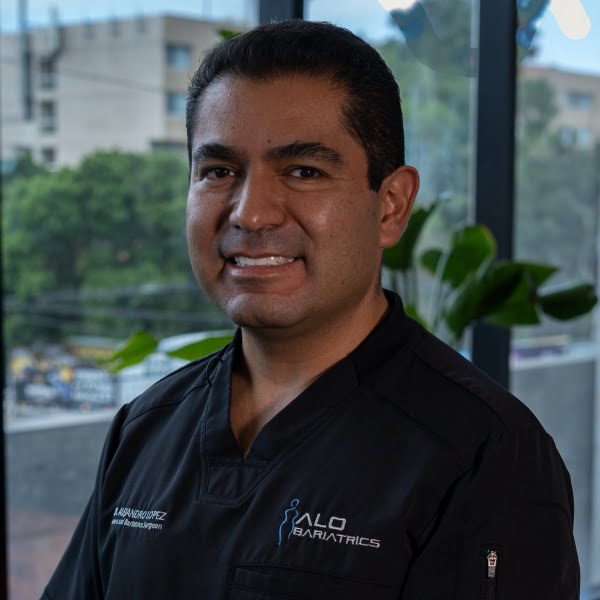The way you eat and drink changes after you have weight loss surgery. The following tips help you to be healthy, successfully lose weight, and maintain weight loss after bariatric surgery:
Supplement vitamins to ensure you are receiving nutrition. Keeping up a regimen of multivitamins will ensure you remain healthy while eating the reduced amounts of food post op. This will be something you will need to do for the rest of your life, so start as soon as possible and you will get into a routine of taking them.
Drink at least 1.5 to 2 liters of water every day. This can be hard because of the reduced stomach size. However, your body needs this water and without it you will most likely suffer complications such as hair loss, eyesight problems, dry skin, etc.
Stay away from anything high in sugar and fat. Foods high in sugar and fat are also very high in calories and you will be required to consume very few calories post-op. High sugar and fatty foods can also bring about dumping syndrome, which causes vomiting and abdominal cramps almost immediately after consuming.
Never drink large amounts before a meal. It is crucial that your stomach gets filled with nutrient-rich foods at meal time, not liquids. You should not drink anything for at least 40 minutes before a meal and 20-30 minutes after eating.
Never drink any alcoholic or carbonated drinks. Alcohol and soda are full of empty calories and will upset your stomach. They are also not recommended because of the way your new stomach and small intestine have been structured. Your doctor will explain in detail the consequences of drinking these items and the complications they can cause.
Consult your Dr. Alejandro Lopez before taking any medication. Many drugs can cause nausea and slow the healing process.
Exercise. Make sure that as soon as you are able get out and walk you do so. It is easy for muscles to stiffen up, it’s not good to sit and you will shed weight even faster with exercise. Start small with a walk around your yard or neighborhood and build from there. As you lose weight, exercise will become easier and more pleasurable.
Learn to listen to your body. Only eat when you are hungry and stop eating when you are full. For the first few weeks you will be eating no more than a 1/4 cup of food per meal. Eventually, after a few months you may get up to 1 cup of food per meal. It is not recommended that you eat any more than this. The surgery will leave you unable to eat at some typical meal times so listen to your body; don’t eat just because others are eating.
Prepare for some small disappointments. At some point your weight will plateau and you will stop losing weight, or you may even begin to regain a few pounds. This is usually because you need to make a further change. You may need to reduce how much food you are eating, re-think the types of food you’re eating or increase how much exercise you’re doing. Don’t panic — You won’t lose something every week. If the plateau or weight gain goes on for more than a few weeks, speak to your doctor and together you will get back on the right track.
Be realistic. The surgery won’t change your life all on its own. A gastric bypass isn’t the solution, it’s a tool that you must learn to master. You must eat the right foods, exercise and learn what is right for your body.


Dr. Alejandro Lopez, the owner and lead bariatric surgeon at ALO Bariatrics, is a Fellow at the American College of Surgeons and is accredited with the American Society for Metabolic and Bariatric Surgery. He is also a certified bariatric surgeon by the Mexican College of Surgery for Obesity and Metabolic Diseases. He is one of two surgeons in Tijuana and one out of five to ten in all of Mexico who is able to provide robotic surgery.


